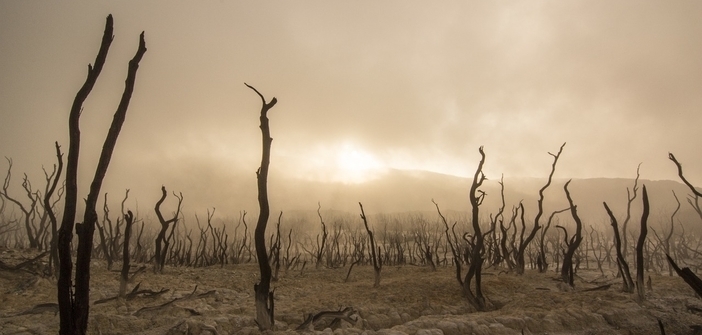The Intergovernmental Science-Policy Platform on Biodiversity and Ecosystem Services unveiled its report under the auspices of the UN this Monday in Paris. It is alarming.
For three years, 145 experts from 50 countries have been working on drafting this report by analyzing nearly 15,000 scientific studies on the state of biodiversity. The result is the most recent and comprehensive synthesis (1800 pages) of the pulse of nature in 15 years. The findings are concerning. One million animal and plant species are threatened with extinction out of the eight million that inhabit the planet.
While the report explains that three-quarters of terrestrial environments have been altered by human activity, it highlights the great fragility of the marine environment, more than half of which has been impacted by humans. One-third of all marine mammals are threatened with extinction, and overfishing has led to the depletion of fish stocks due to unsustainable exploitation. The authors also note the significance of water pollution and the inadequacy of wastewater treatment systems. The presence of plastic has, for example, increased tenfold since 1980, while 300 to 400 million tons of heavy metals have been dumped annually around the world.
This decline in biodiversity is driven by five main factors highlighted by the report:
– Land-use change (urban and agricultural expansion)
– Overexploitation of resources through hunting and fishing
– Climate change
– Pollution
– Invasive species
“The health of ecosystems on which we and all other species depend is deteriorating more rapidly than ever. We are eroding the very foundations of our economies, livelihoods, food security, health, and quality of life worldwide,” said the IPBES Chair, Sir Robert Watson.


